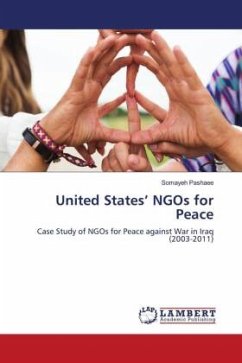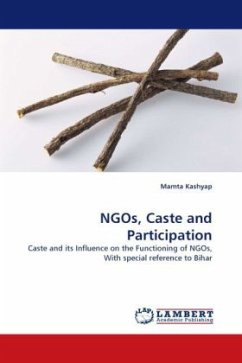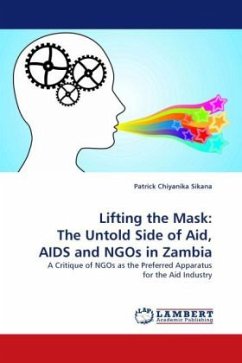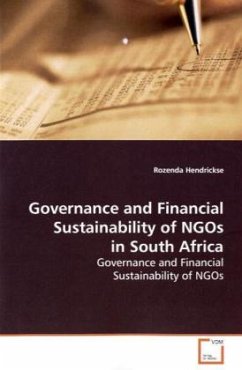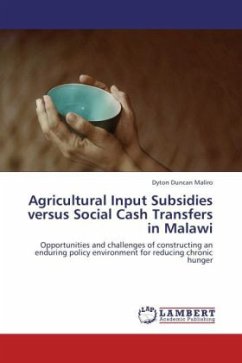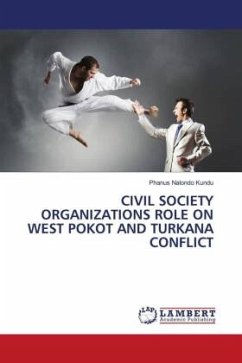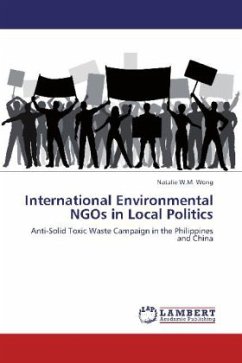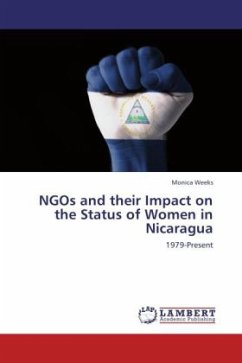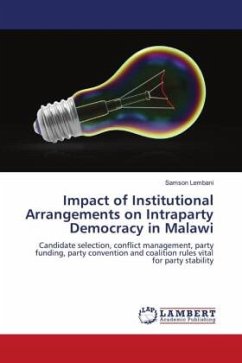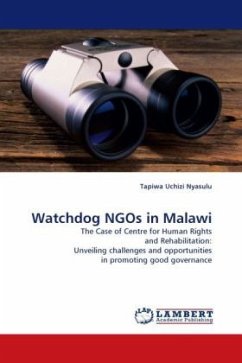
Watchdog NGOs in Malawi
The Case of Centre for Human Rights and Rehabilitation: Unveiling challenges and opportunities in promoting good governance
Versandkostenfrei!
Versandfertig in 6-10 Tagen
32,99 €
inkl. MwSt.

PAYBACK Punkte
16 °P sammeln!
One of the most striking features of contemporary Malawi after the introduction of multi-party democracy is the proliferation of watchdog non-governmental organizations. Despite the increasing number of these NGOs working in areas of governance and service delivery, public resources' embezzlement, and abuses of human rights appear not to be encouraging. This work looks at factors that impede operations of NGOs in Malawi using CHRR as case study. The tension and suspicions about State-NGOs relationship hinges on trust and the political space where both interact. While NGOs, exhibit inadequate i...
One of the most striking features of contemporary Malawi after the introduction of multi-party democracy is the proliferation of watchdog non-governmental organizations. Despite the increasing number of these NGOs working in areas of governance and service delivery, public resources' embezzlement, and abuses of human rights appear not to be encouraging. This work looks at factors that impede operations of NGOs in Malawi using CHRR as case study. The tension and suspicions about State-NGOs relationship hinges on trust and the political space where both interact. While NGOs, exhibit inadequate internal accountability which has affected their credibility, the citizens have downer the NGOs as people no longer want to be involved in contentious political and economic issues. This is a big challenge, since the NGOs rely heavily on the participation of grassroots for their claims to be legitimate and sustainable. The work helps identifying opportunities for improvements and need to strengthen strategies that focus on grassroots capacity building and improve networking. It is useful to development work professionals, NGOs and CSOs or organizations involved in promoting good governance.



